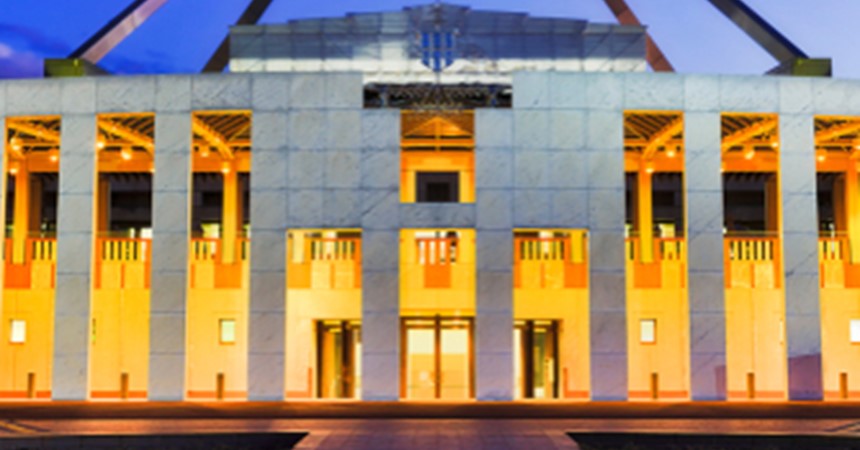According to The Australian, any change to the Sex Discrimination Act will now be deferred until February after Mr Shorten and Mr Morrison failed to agree on a deal that would protect gay school students from discrimination, while at the same time preserving the core freedoms of faith-based educators.
The Labor-sponsored Sex Discrimination Amendment, defeated in the Senate on December 3, would have removed existing exemptions that allow religious institutions to discriminate against students or staff on the basis of gender, sexuality and marital status.
However, Prime Minister Morrison produced his own bill that would have abolished religious schools' right to expel LGBTI students but which would allow schools to introduce rules to uphold their "ethos", even if it involved indirect discrimination, reports the Sydney Morning Herald.
The Morrison bill would have ensured that any “teaching activity” undertaken “in good faith in accordance with the doctrines, tenets, beliefs or teachings of a religion” would be protected from a discrimination claim under the Sex Discrimination Act, according to Cath News.
Liberal-National Party Senator Amanda Stoker said the Labor bill would remove the right of religious schools to shape their own culture and would destroy their character, making them indistinguishable to those schools in the public system, Cath News reports.
With both sides unable to reach consensus, the debate will now continue in the new year.
Catholic Schools NSW CEO, Dallas McInerney said in a statement issued in October that Catholic education had never sought the right to expel students or to dismiss or refuse to hire staff based on their sexuality.
“We did not seek concessions to discriminate against students or teachers based on their sexuality, gender identity or relationship status,” Mr McInerney said.
“All that we expect is that, once employed or enrolled, people within a Catholic school community adhere to the school’s mission and values.”
Mr McInerney said this was the same expectation other values-based organisations - such as political parties, trade unions and industry peak bodies - had.
Australian Catholic Bishops Conference spokesperson on religious freedom, Archbishop Peter A Comensoli said the failure of the two major parties to reach an agreement provides all stakeholders a chance to carefully consider the ramifications of changes to laws around religious freedom and the operation of religious schools, according to Cath News.
“The bishops remain willing to engage with parliamentarians to ensure any changes to laws around important protections for religious schools carefully balance the needs of students, staff and school communities,” Archbishop Comensoli said.
“Catholic schools do not expel students simply on the grounds of sexual orientation or sexual identity. There appears to be some misunderstanding – or misrepresentation – of the position of Catholic and other faith-based schools. This additional time allows for a more measured conversation.”
Religious schools in Australia enrol well over a million students in predominantly Christian based schools, according to the Sydney Morning Herald. Of these255,000 students are enrolled in 595 Catholic schools in New South Wales.
